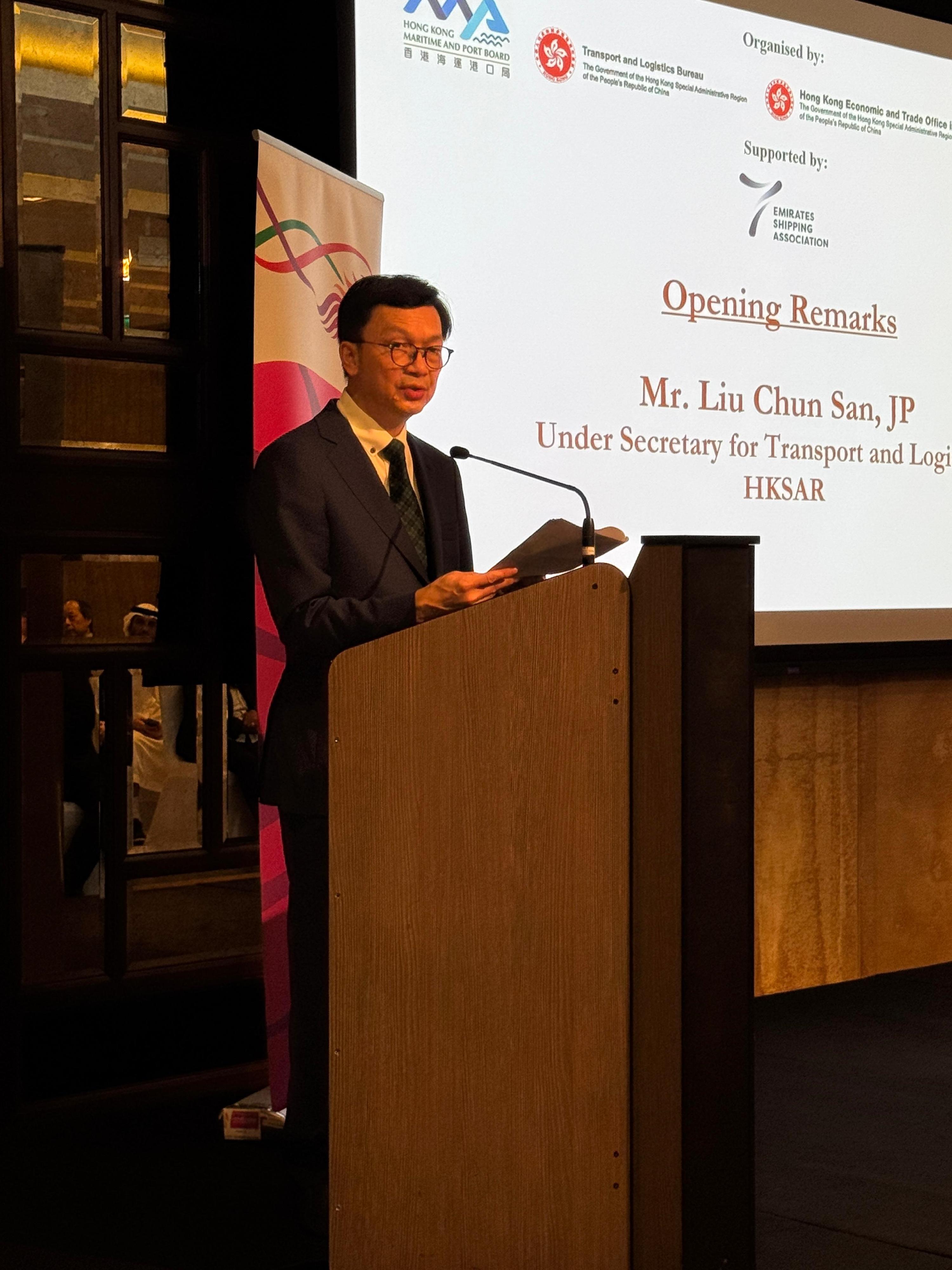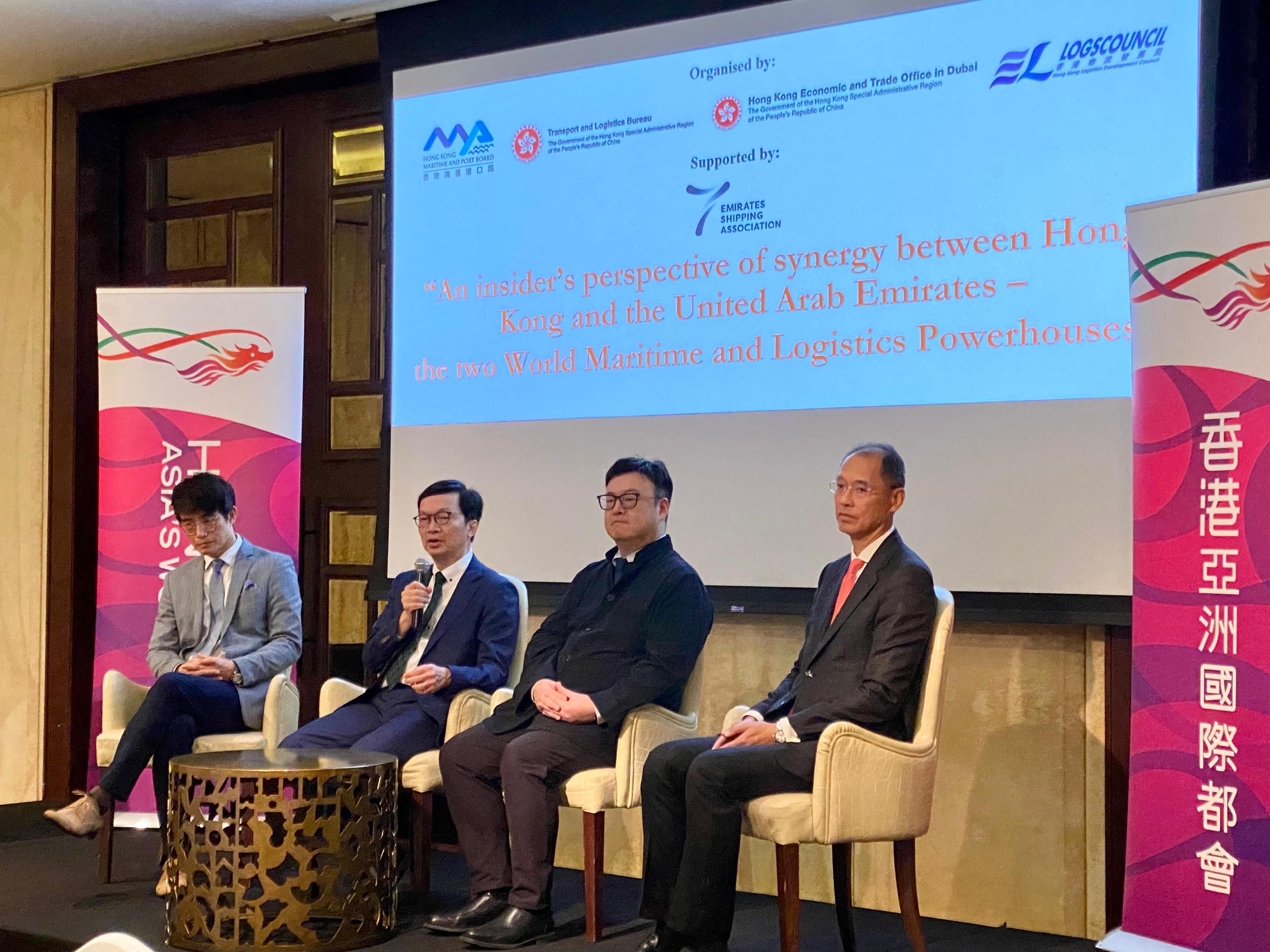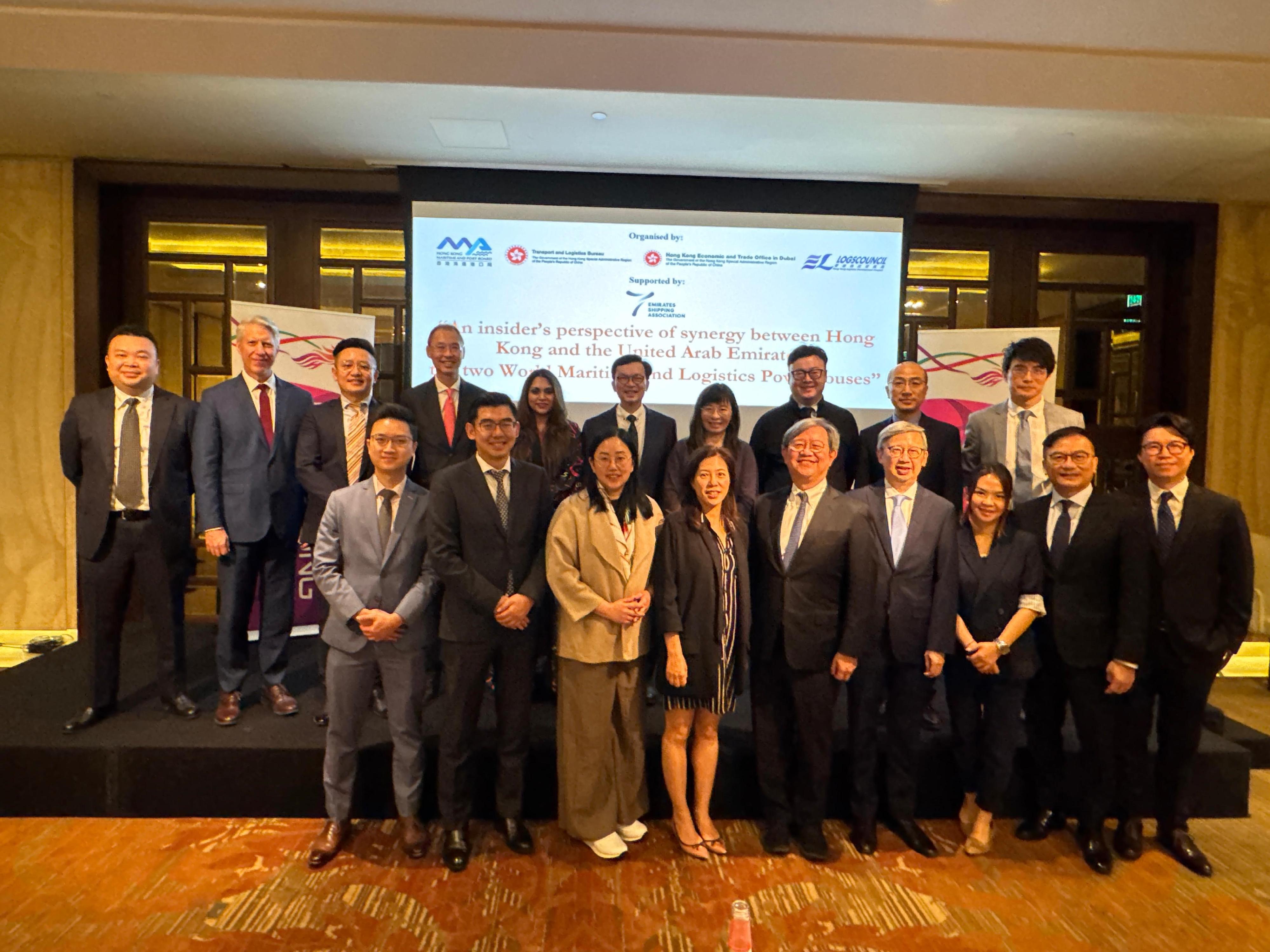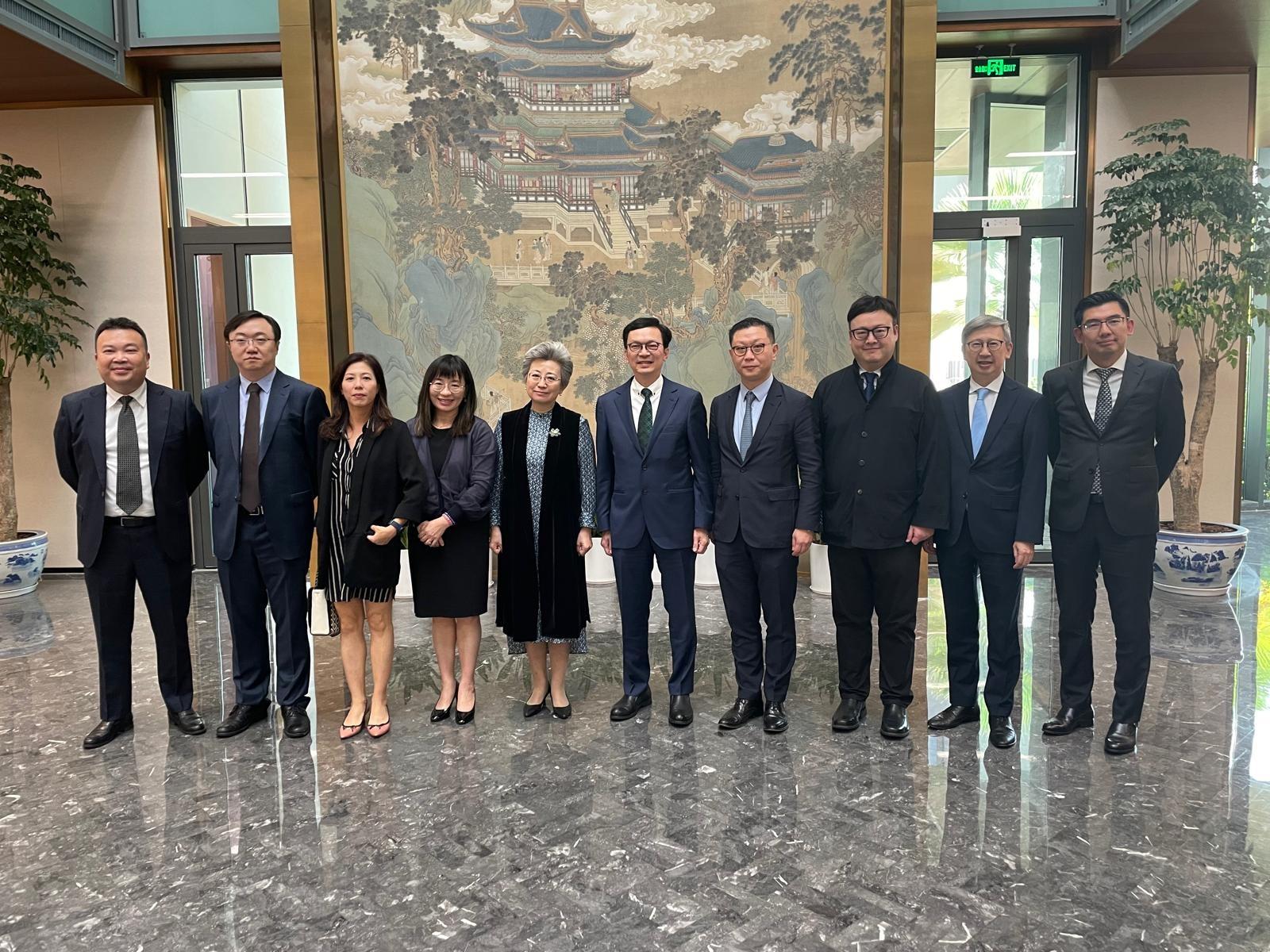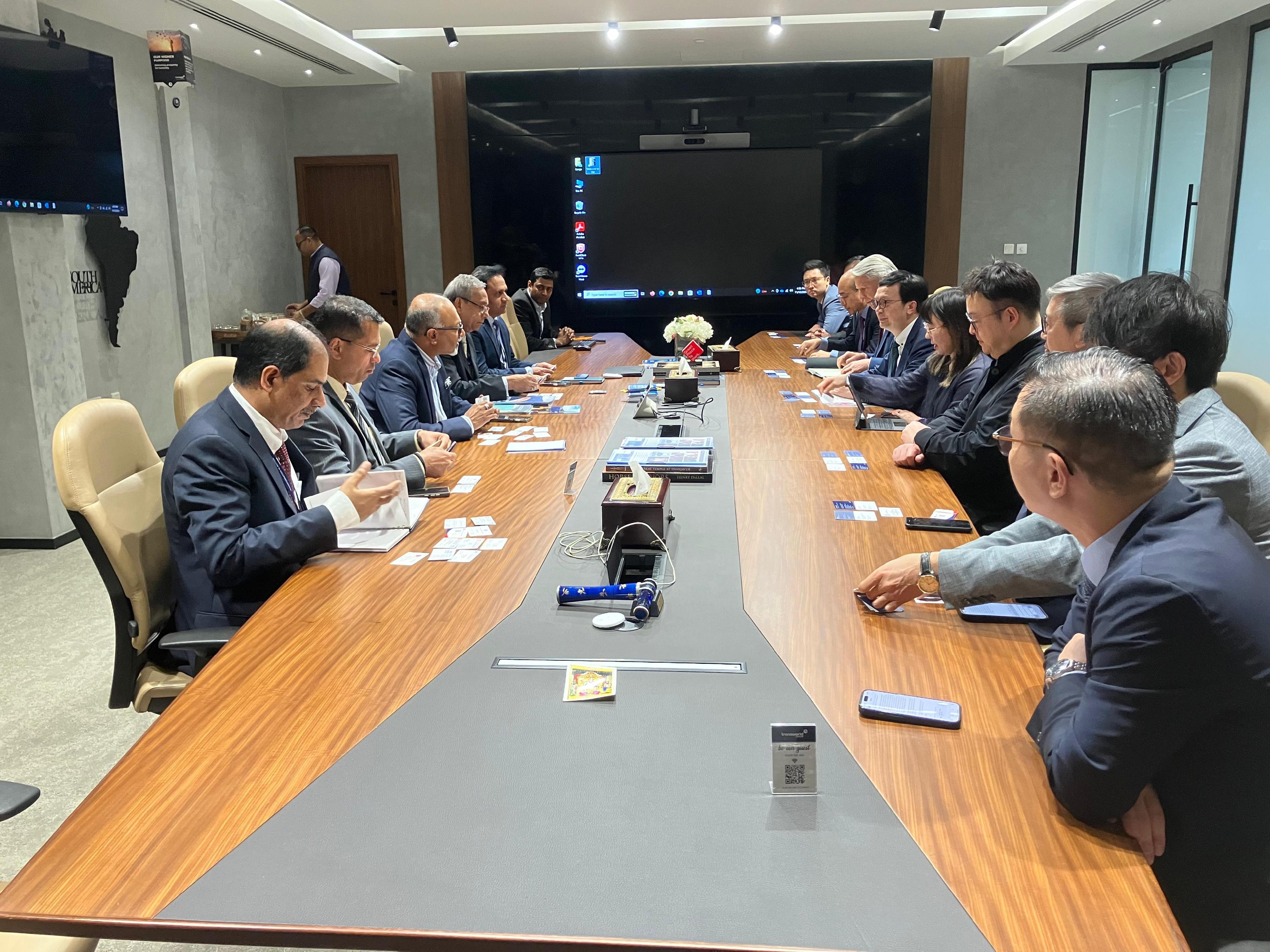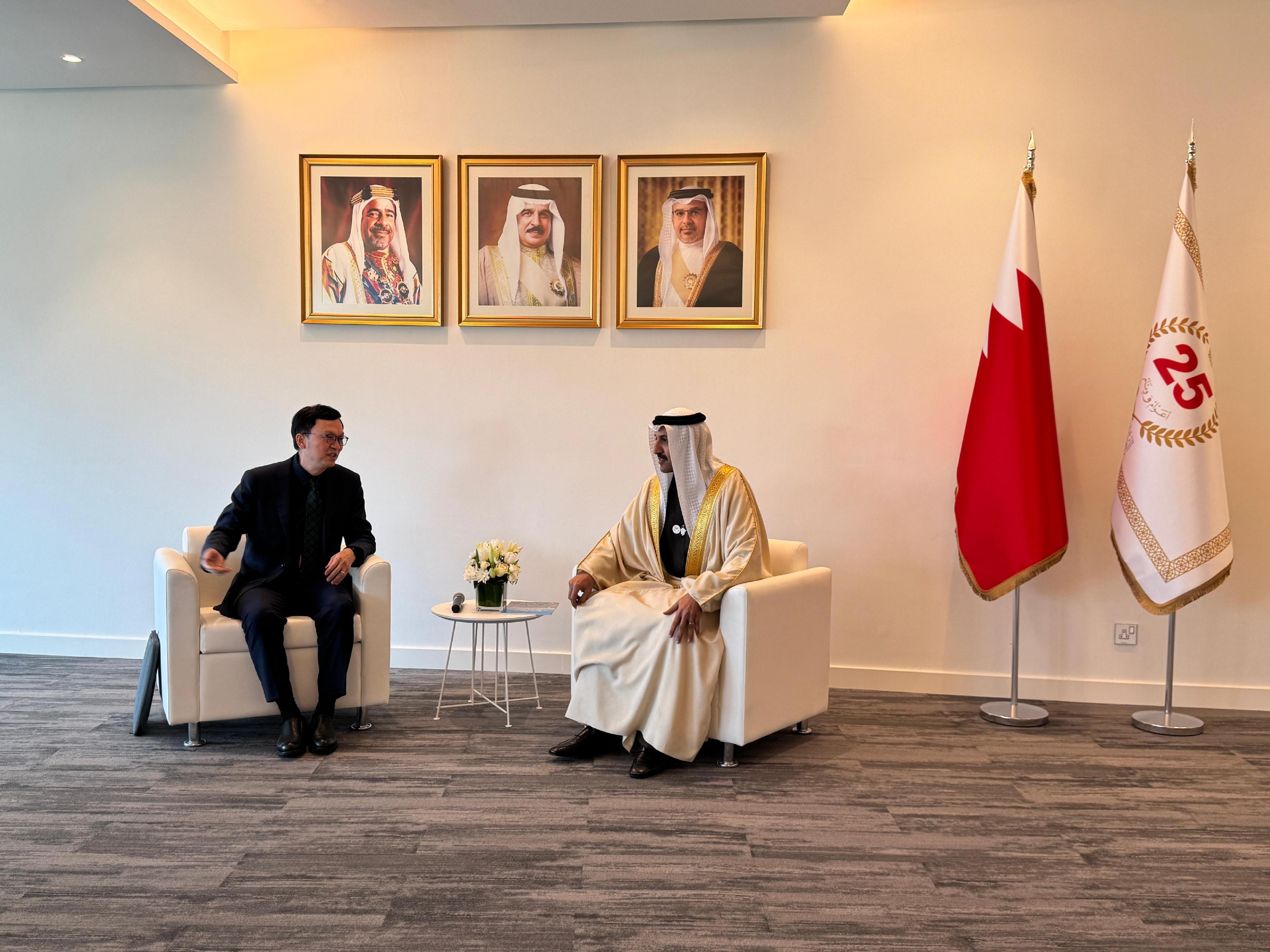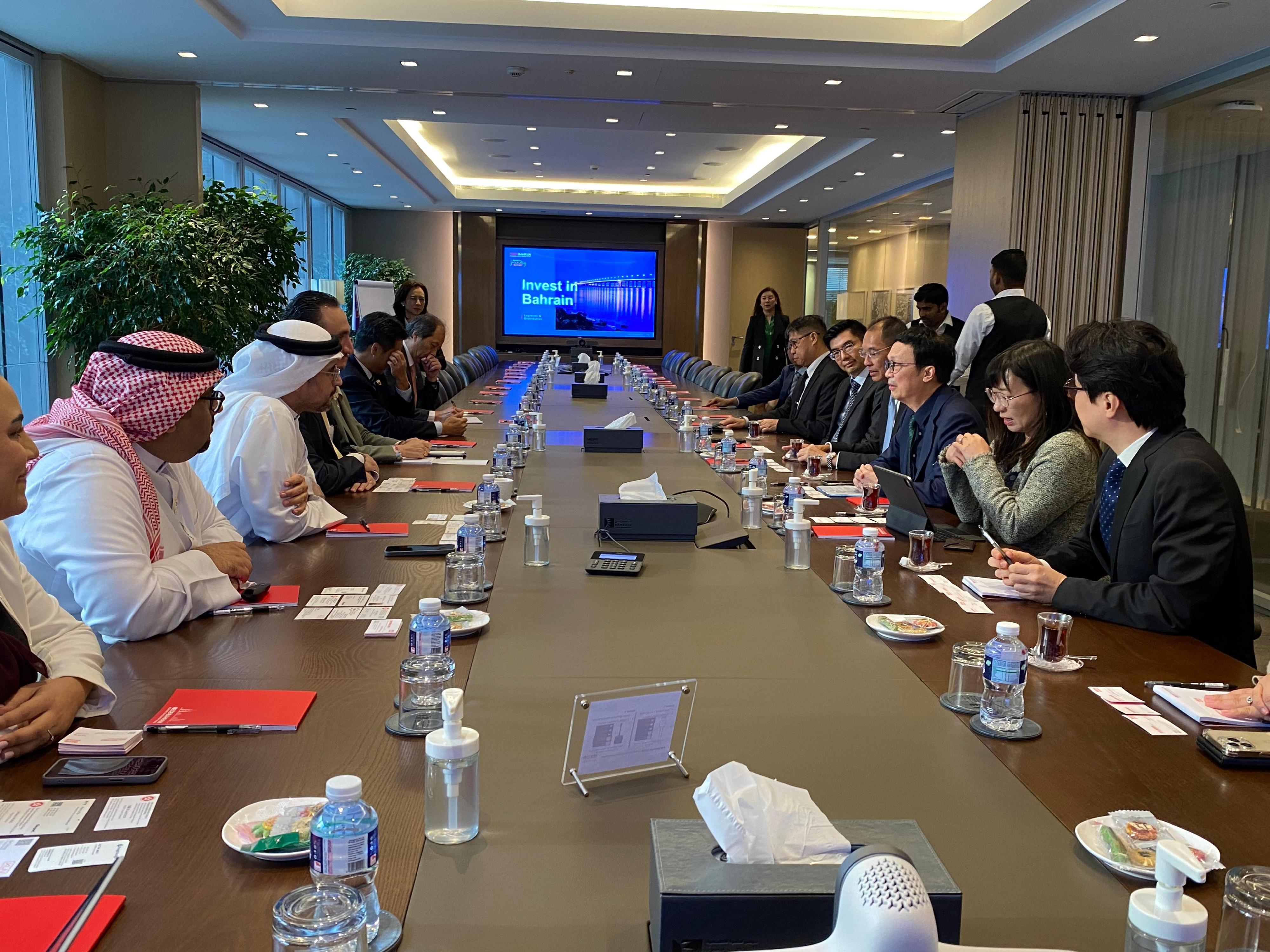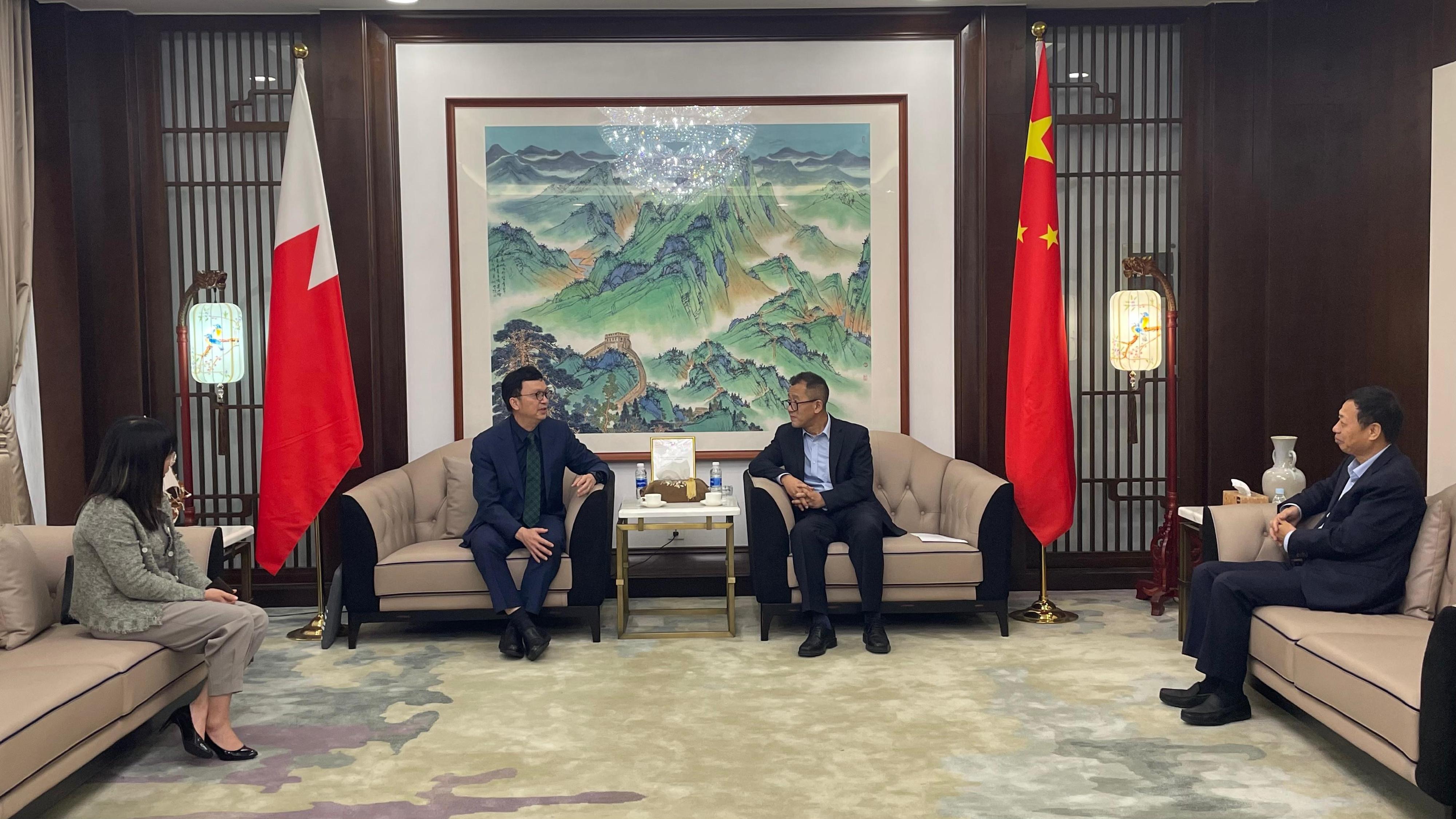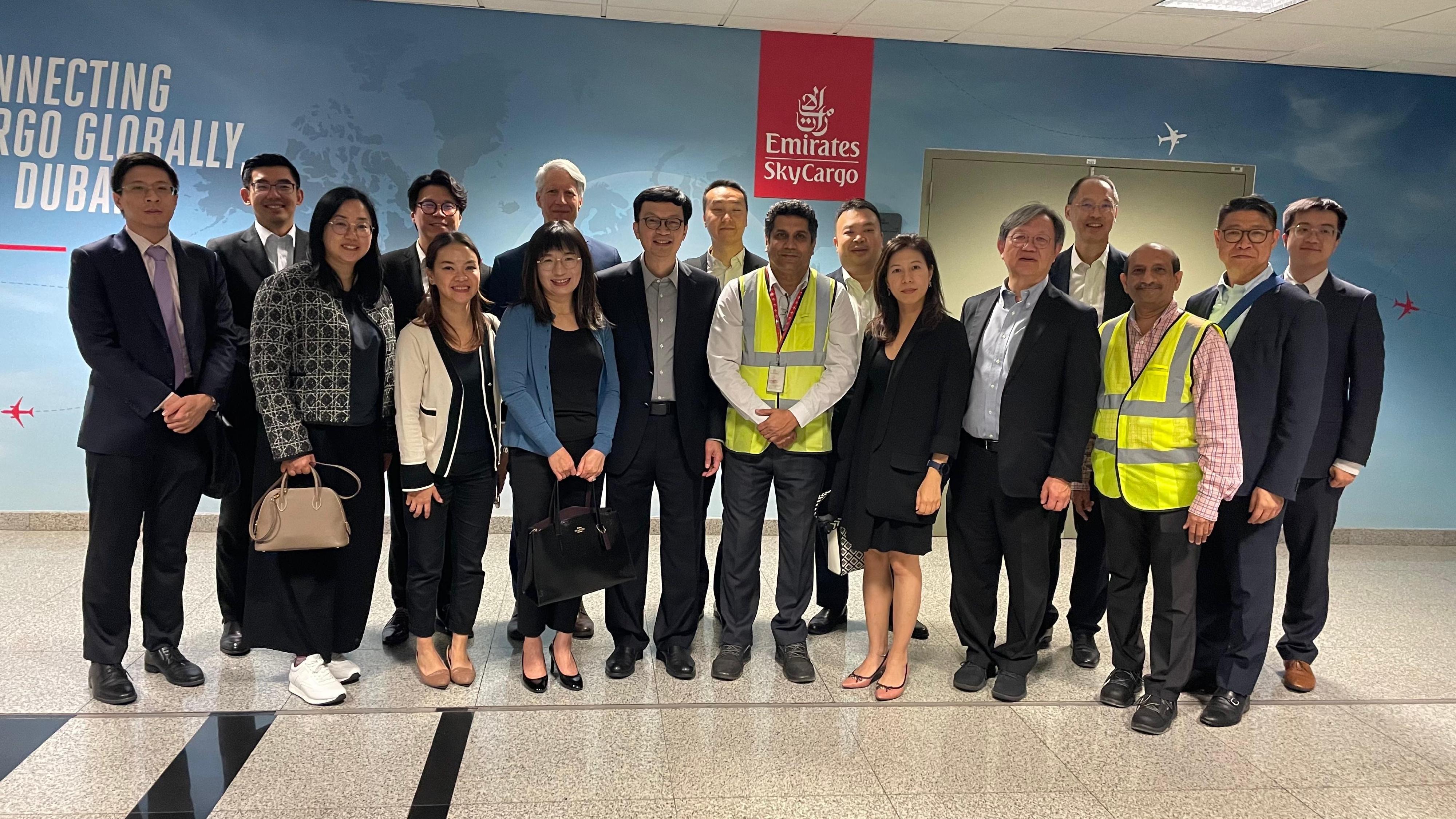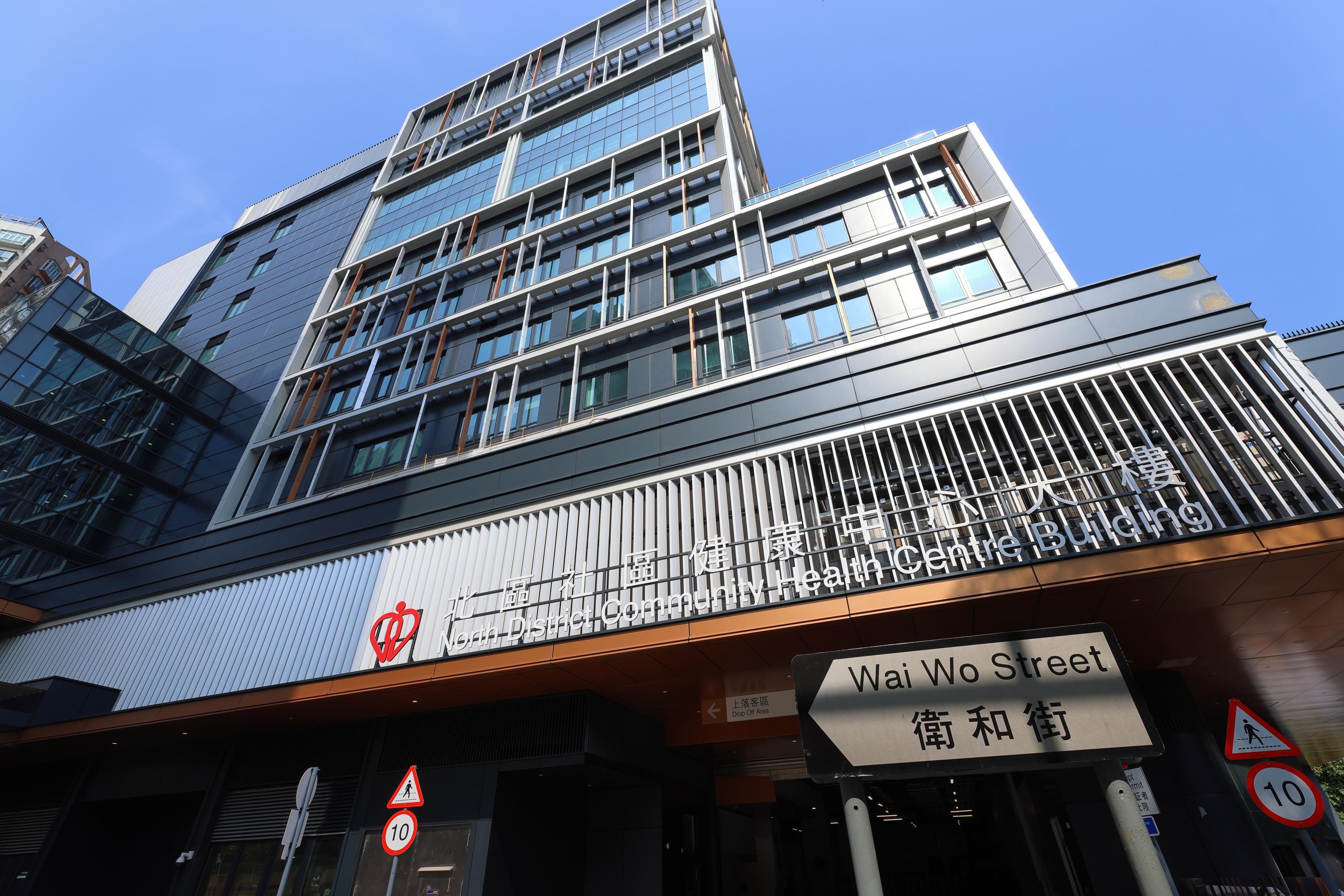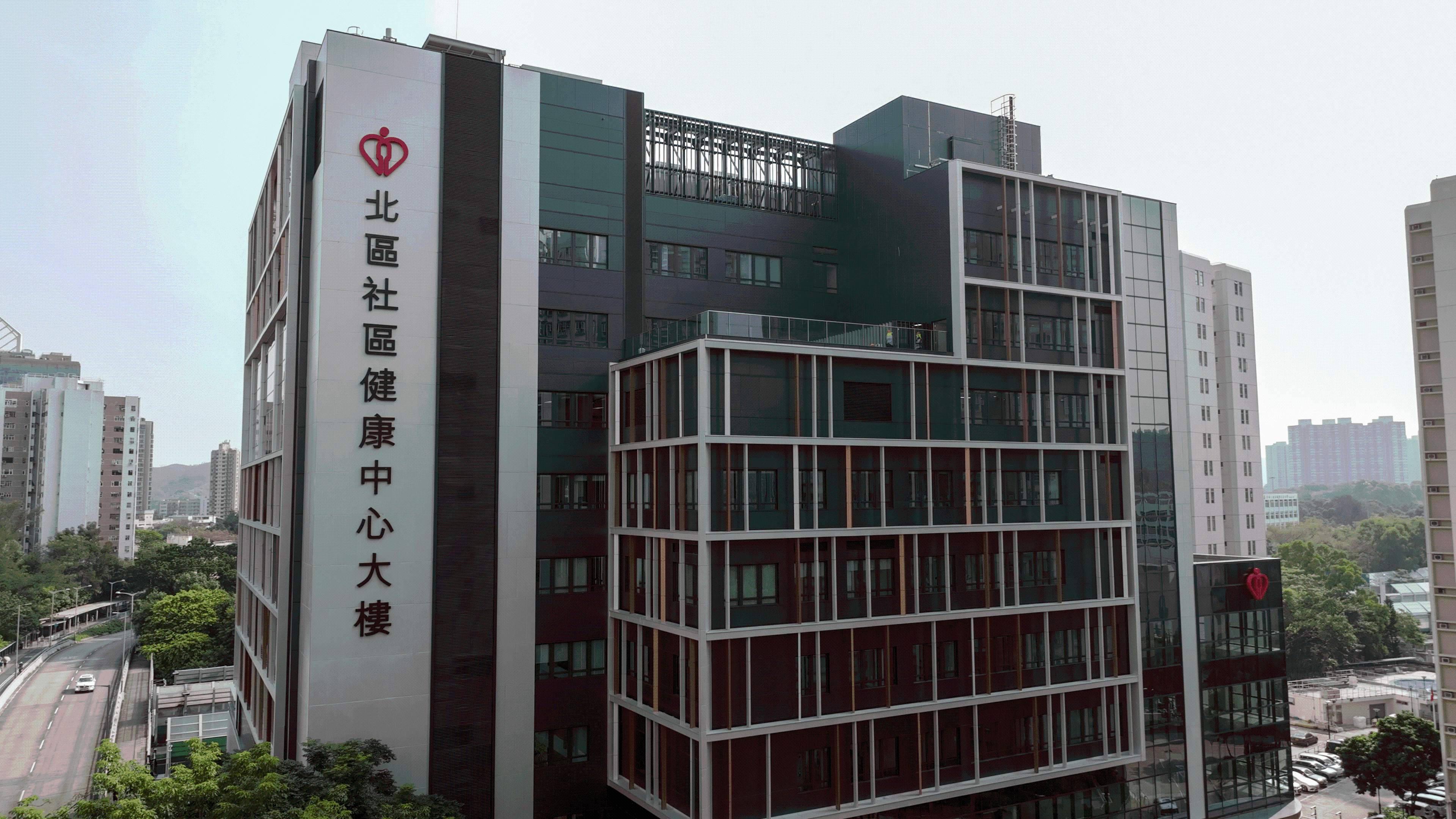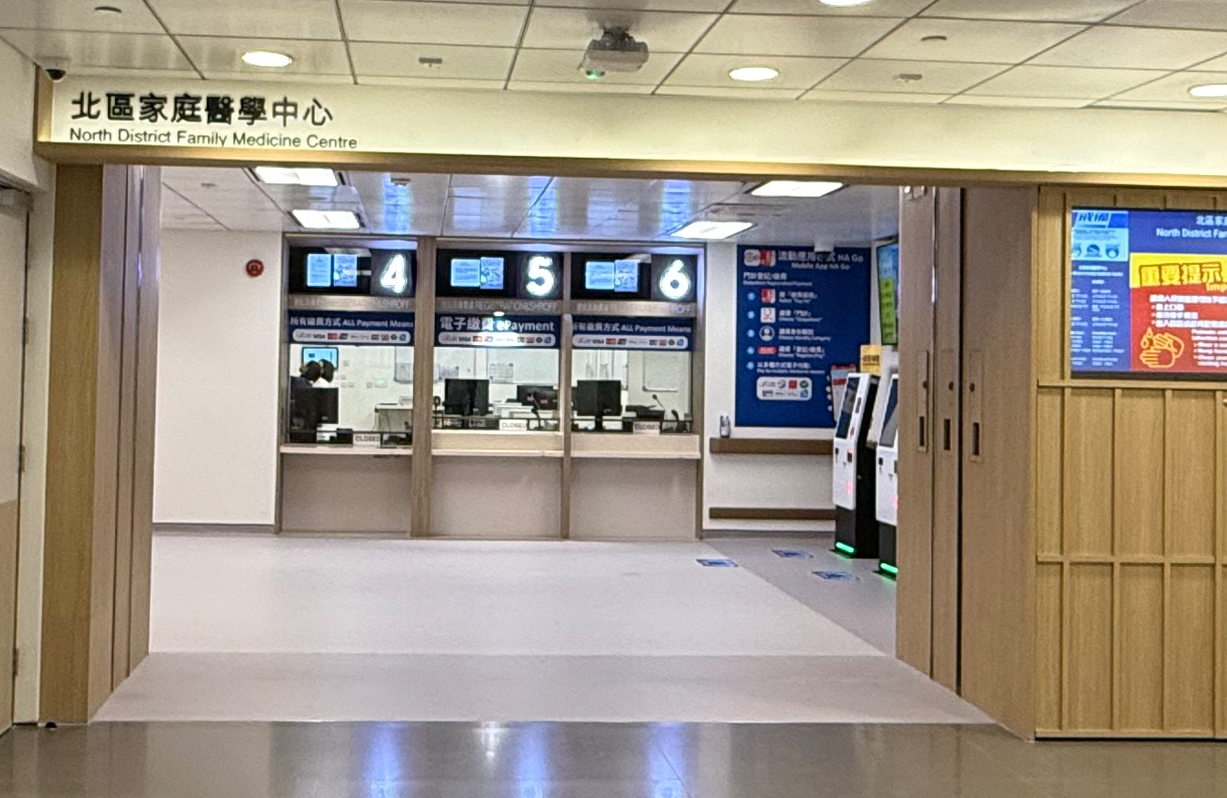USTL concludes visit to Middle East (with photos)
The Under Secretary for Transport and Logistics, Mr Liu Chun-san, continued to lead the delegation of the Hong Kong Logistics Development Council (LOGSCOUNCIL) and the Hong Kong Maritime and Port Board (HKMPB) to visit the Middle East over the past three days (December 11 to 13, Dubai time) with a view to deepening connections and co-operation between the two places in the maritime and logistics sectors, attracting more foreign enterprises and investment for Hong Kong, as well as opening up more business opportunities in the Middle East for Hong Kong’s maritime and logistics trade.
On the morning of December 11 (Dubai time), the delegation attended a seminar-cum-luncheon organised by the Hong Kong Economic and Trade Office in Dubai and supported by the Emirates Shipping Association for promoting to the Middle East enterprises Hong Kong’s strengths in maritime services, port and logistics. Mr Liu highlighted to the guests that the HKSAR Government is committed to injecting impetus to the development of Hong Kong’s shipping and logistics services. The Action Plan on Modern Logistics Development, the Action Plan on Maritime and Port Development Strategy and the Action Plan on Green Maritime Fuel Bunkering were promulgated one after another during the last two years, underlining the Government’s clear directions and concrete actions to consolidate and enhance Hong Kong’s status as an international maritime centre and an international logistics hub. Mr Liu believes that there are deep potential and vast business opportunities for collaboration between the two places and he welcomes more maritime and logistics enterprises from the Middle East to establish a foothold in Hong Kong for further development. The HKSAR Government will continue to capitalise on its advantages as an international city, giving full play to its role as a “super connector” and telling more good stories of Hong Kong.
On the afternoon that day (Dubai time), the delegation called on the Consul-General of the People’s Republic of China in Dubai, Ms Ou Boqian, and reported to her the latest maritime and logistics developments in Hong Kong. In addition, members of the HKMPB visited one of the largest liner shipping enterprises as well as another leading shipping and logistics company in Dubai. On another front, members of the LOGSCOUNCIL had a tour of the warehousing facilities of a major Hong Kong logistics enterprise at the Al Maktoum International Airport in Dubai to learn more about the operation flow for the handling of air cargo and electronic goods respectively. Mr Liu and the LOGSCOUNCIL delegation then travelled to Bahrain to continue their visit, while the HKMPB delegation concluded their trip and returned to Hong Kong.
On December 12 (Bahrain time), the delegation first had a meeting with the Minister of Transport and Telecommunications of Bahrain, Dr Shaikh Abdullah bin Ahmed Al Khalifa, to introduce the latest development of Hong Kong and explore room for collaboration between the two places in the areas of air cargo and the maritime and logistics sectors. The delegation also had a meeting with representatives of the Bahrain Economic Development Board to discuss further collaboration on the economic and trading fronts. In addition, the delegation visited a logistics hub at the Bahrain International Airport as well as the Khalifa Bin Salman Port, where they received a briefing from their representatives on the air cargo and port operation. After that, the delegation called on the Ambassador Extraordinary and Plenipotentiary of the People’s Republic of China to the Kingdom of Bahrain, Mr Ni Ruchi, and updated him on the latest developments of Hong Kong’s maritime and logistics industries.
Mr Liu and the delegation visited Dubai again yesterday (December 13, Dubai time) and met with representatives from several top-notch logistics supply chain and e-commerce enterprises. Mr Liu also hosted a networking lunch for the delegation and representatives of various local logistics enterprises and organisations. Apart from introducing Hong Kong’s excellent business environment, Mr Liu also endeavoured to promote the edge and latest developments of Hong Kong’s logistics sector. He welcomes and anticipates more Dubai enterprises to expand their operations in Hong Kong to foster mutual business opportunities. The delegation also toured the air cargo terminal at the Dubai International Airport to inspect the air cargo facilities in the terminal and understand the latest developments of the city’s air cargo industry.
The delegation concluded its five-day visit to the Middle East and returned to Hong Kong this morning (December 14).


